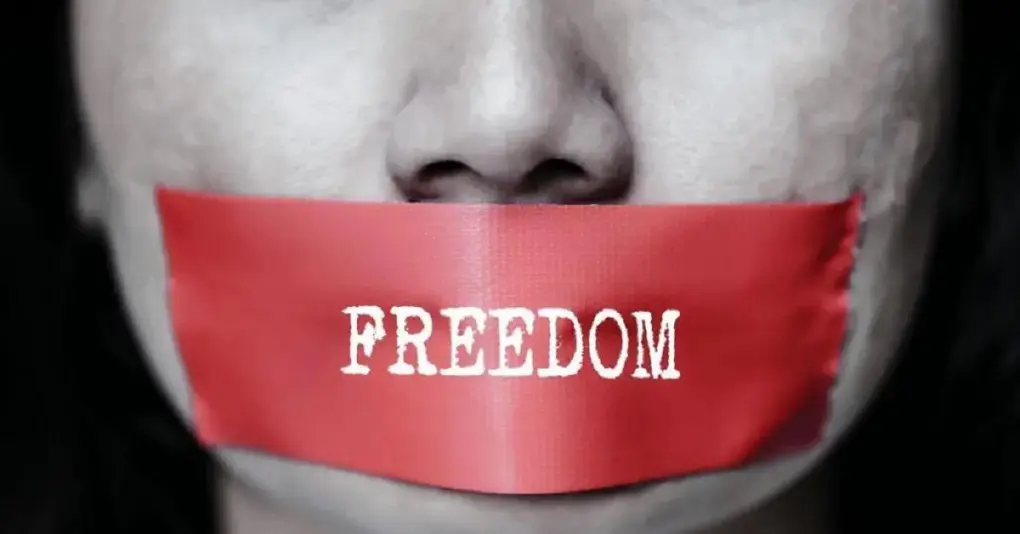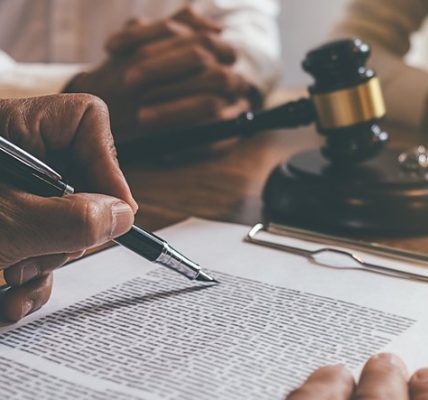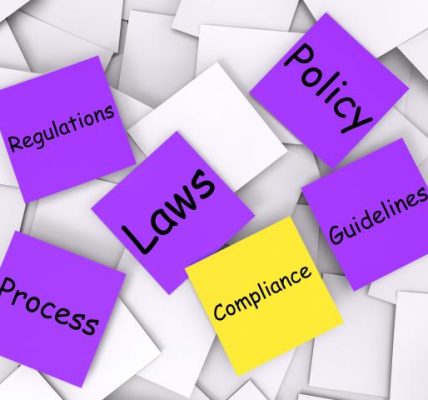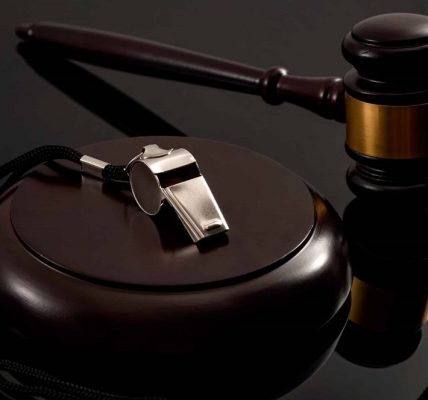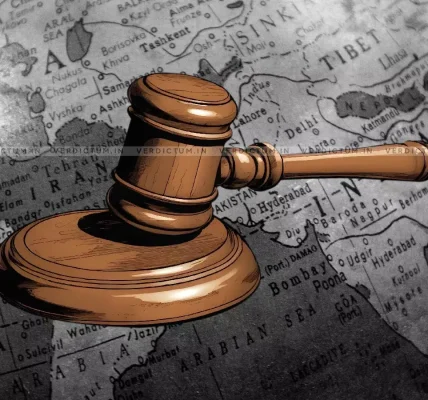Introduction
Freedom of speech is widely recognized as a cornerstone of democratic societies, yet many people misunderstand its scope and limitations. While it protects the ability to voice opinions without government retaliation, it does not grant total immunity from consequences. Different countries interpret this freedom in distinct ways, and courts continuously refine how it applies to real-world situations, from political dissent to online content moderation. Understanding these laws helps individuals exercise their rights responsibly and recognize when protection ends and accountability begins.
This article explores freedom of speech laws in depth, examining their historical roots, core principles, legal boundaries, and emerging challenges in a digital world.
The Foundations of Freedom of Speech
Historical Background
The concept of free expression traces back to ancient civilizations, where philosophers challenged authorities through open discourse. Over centuries, freedom of speech evolved into a formal legal right shaped by revolutions, social movements, and constitutional reforms. In many modern societies, it serves as a safeguard against government abuse and encourages citizens to participate in public life.
Why Freedom of Speech Matters
Free speech supports essential democratic functions. It allows individuals to criticize government actions, promotes transparency, encourages intellectual debate, and helps protect minority viewpoints. Without it, societies risk suppressing innovation, restricting accountability, and limiting the diversity of ideas necessary for progress.
Key Principles Underlying Free Speech
When examining freedom of expression laws, several guiding values consistently appear:
-
Autonomy: Individuals have a right to express themselves as part of personal liberty.
-
Public Discourse: Societies depend on open debate to make informed decisions.
-
Truth-Seeking: Free discussion helps counter falsehoods by exposing ideas to scrutiny.
-
Government Accountability: Protecting criticism prevents abuse of power.
These principles guide courts when interpreting whether certain speech should receive protection or face limitation.
What Freedom of Speech Protects
Political Speech
Political expression sits at the core of free speech protections. Citizens must be able to discuss government policies, political candidates, and social issues without fear of punishment. This type of speech receives the highest level of protection in most democratic systems because it directly supports civic participation.
Artistic and Creative Expression
Art, literature, film, and other creative works frequently push boundaries and challenge cultural norms. Most countries protect artistic expression unless it violates specific laws such as defamation or incitement. Creative freedom ensures that artists can express dissenting or unconventional views.
Religious Expression
Individuals are generally free to express religious beliefs, question faith traditions, or express non-religious viewpoints. This protection supports not only the right to practice a faith but also the freedom to reject or criticize religious doctrines.
Media and Press Freedom
Journalists play a crucial role in informing the public. Freedom of the press allows reporters to investigate wrongdoing, publish critical opinions, and expose corruption. Without these protections, governments could easily censor information and manipulate public understanding.
Legal Limits on Freedom of Speech
Why Restrictions Exist
Although free speech is vital, it is not absolute. Laws impose limits to protect individuals and society from harm. Restrictions often balance personal liberties with safety, fairness, and public order.
Common Categories of Unprotected or Limited Speech
1. Defamation
Defamation involves false statements that damage someone’s reputation. Courts often require plaintiffs to prove harm and, in some jurisdictions, demonstrate that the speaker acted negligently or maliciously. Protecting people from false accusations ensures fairness while still allowing legitimate criticism.
2. Incitement and Calls to Violence
Most legal systems restrict speech that encourages others to commit crimes or engage in violence. This includes urging riots, promoting terrorism, or inciting imminent lawless action. The goal is to prevent speech that directly facilitates harm.
3. Hate Speech
Some countries prohibit speech that targets individuals or groups based on characteristics such as race, religion, or ethnicity. While definitions vary, these laws aim to limit expressions that could promote discrimination, hostility, or violence. Not all nations include hate speech restrictions, which is a major point of international debate.
4. Obscenity and Public Morality
Laws surrounding obscenity differ widely between cultures. Many governments restrict explicit content, especially when minors are involved. Courts often evaluate obscenity using community standards or legal tests that assess whether content has artistic or scientific value.
5. National Security Restrictions
Sensitive information related to military operations, intelligence activities, or classified materials may be restricted to prevent threats to national security. Whistleblower protections may apply, but limitations remain to ensure public safety and protect confidential operations.
6. Commercial and False Advertising
Free speech does not shield companies from the obligation to provide accurate information. Regulators may penalize misleading claims, deceptive marketing, or fraudulent business practices.
How Courts Interpret Free Speech Laws
Context Matters
Courts rarely judge speech in isolation. Instead, they evaluate the surrounding circumstances, intent, potential harm, and the nature of the audience. This contextual approach ensures that laws adapt to changing social norms and technologies.
Balancing Tests
Judges often apply balancing tests that weigh the speaker’s rights against competing interests such as safety, privacy, or public order. This flexibility allows courts to craft decisions that protect expression while addressing legitimate concerns.
Precedent and Case Law
In many countries, landmark cases shape the legal landscape. These decisions clarify how principles apply in areas like protest rights, online commentary, satire, or whistleblowing. Over time, case law acts as a guide for governments, citizens, and courts.
Freedom of Speech Around the World
Different Interpretations
No universal definition of free speech exists. Countries interpret the concept based on cultural values, historical experiences, and constitutional frameworks.
Countries with Strong Protections
Some nations give broad protection to speech, especially political criticism. These systems emphasize limiting government power and preserving open debate.
Countries with Conditional Protections
Other countries allow free expression but enforce stricter limits on hate speech, religious insults, or defamation. Their approach focuses on preserving social harmony and protecting vulnerable groups.
Countries with Limited Freedoms
In authoritarian environments, governments often restrict speech to maintain control. Censorship, surveillance, and punishment for dissent are common tools used to suppress opposition.
Understanding these differences highlights the importance of both legal frameworks and cultural norms in shaping free expression.
Freedom of Speech in the Digital Age
Social Media and Private Platforms
While freedom of speech traditionally restricts government actions, modern communication happens on private platforms like social networks and online forums. These companies create their own policies, which can include removing harmful or misleading content. Although private moderation is not equivalent to government censorship, it raises questions about transparency, fairness, and consistency.
Misinformation and Online Harms
Digital spaces allow information to spread rapidly. This creates opportunities for education but also for misinformation, harassment, and manipulation. Governments and platforms continue to debate how to address harmful speech without undermining free expression.
Algorithmic Amplification
Online algorithms determine what users see, often favoring sensational or emotionally charged content. This amplifies some forms of speech while suppressing others, influencing public discourse in subtle but powerful ways.
Privacy vs. Expression
Online speech often intersects with privacy rights. Courts must determine how to balance an individual’s right to reputation with another person’s right to express criticism or publicize information.
Why Understanding These Laws Matters
Freedom of speech laws influence everyday life, from political discussions and artistic creativity to workplace communication and online behavior. Knowing what is protected—and what is not—helps individuals speak responsibly, avoid legal trouble, and better participate in civic life. It also empowers citizens to defend their rights when they face unjust restrictions or censorship.
Frequently Asked Questions
1. Does freedom of speech mean I can say anything I want?
No. Speech is protected from government punishment, but legal restrictions exist to prevent harm, such as defamation, threats, or incitement.
2. Can private companies limit my speech?
Yes. Free speech laws typically apply to government actions, not private businesses. Platforms can enforce their own content rules.
3. Is hate speech protected?
This depends on the country. Some nations ban hate speech, while others allow it unless it incites violence or harassment.
4. Can I criticize public officials without consequences?
Generally, political criticism is strongly protected, though it must avoid defamation or threats.
5. Does freedom of speech cover online posts?
Yes, but the same legal restrictions apply. Platforms may also remove content under their policies.
6. Is artistic expression protected even if it offends people?
Often yes, unless it violates specific laws such as obscenity or incitement.
7. How do courts decide whether speech is harmful?
Courts examine intent, context, impact, and potential for real-world harm when determining legality.
